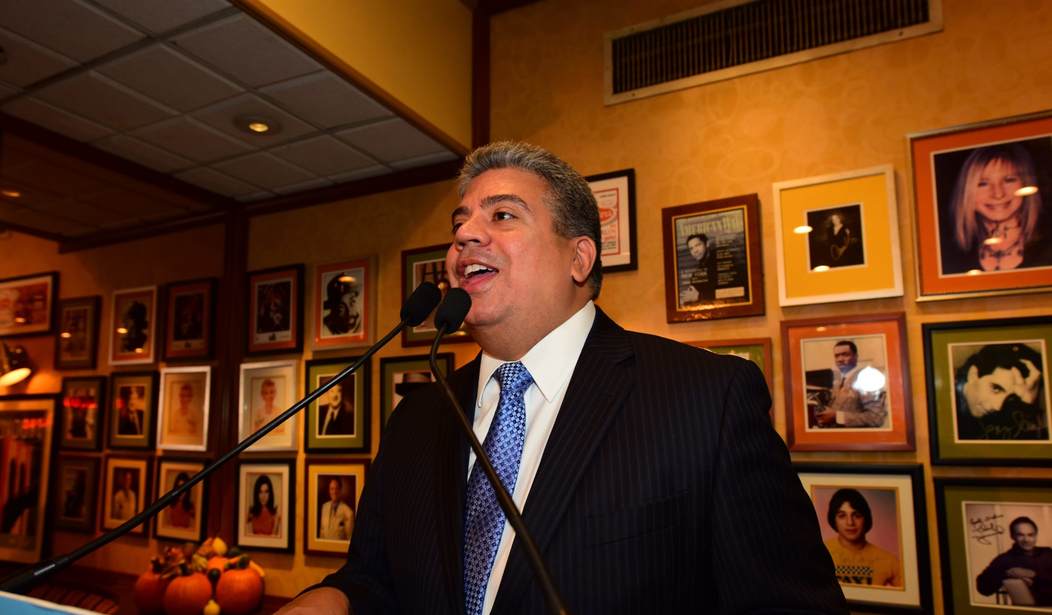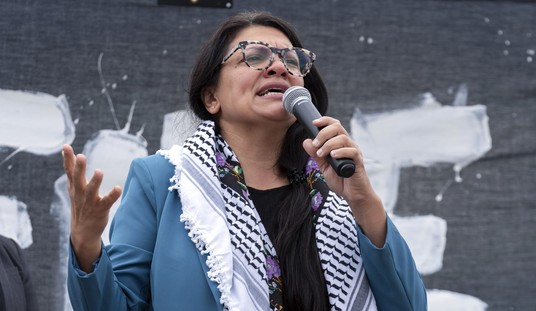On Monday, Acting Brooklyn District Attorney Eric Gonzalez announced a new policy to defend illegal immigrant and non-citizen criminals from potential immigration consequences for their convictions. While the policy might prevent unnecessary deportations, it also has the potential to privilege non-citizens over citizens when it comes to criminal prosecution.
“I am committed to equal and fair justice for all Brooklyn residents — citizens, lawful residents and undocumented immigrants alike,” Gonzalez said in a statement. “Now more than ever, we must ensure that a conviction, especially for a minor offense, does not lead to unintended and severe consequences like deportation, which can be unfair, tear families apart and destabilize our communities and businesses.”
Gonzalez’s office has hired two immigration attorneys to train staff on immigration issues, and to advise prosecutors how to avoid opening the door to deportation when making plea deals and sentencing recommendations. Gonzalez emphasized that his office is “not seeking to frustrate the federal government’s function of protecting our country by removing non-citizens whose illegal acts have caused real harm and endangered others.”
“We will not stop prosecuting crimes, but we are determined to see that case outcomes are proportionate to the offense as well as fair and just for everyone,” the acting defense attorney concluded.
Cases like that of Nahidh Shaou illustrate how criminal convictions — despite a record of distinguished service in the U.S. Army and a record of being a “model inmate” — can lead to likely deportation which, in the case of Christians from Iraq like Shaou, is really a death sentence.
Is it really the Brooklyn ADA’s job to try to thwart federal immigration law, however? If the law is too strict, Congress should alter it.
Even if these kinds of reforms are justified to help people like Shaou, they need to avoid giving illegal aliens a privileged position over legal residents, or indeed over U.S. citizens. One of the provisions in ADA Gonzalez’s new policy seems to open the door for perverse injustice — treating non-citizens better than citizens when it comes to criminal prosecution:
To reach an immigration-neutral disposition, ADAs may consider alternative offenses the defendant can plead to as well as reasonable modifications to the sentence recommendation. When possible, the alternative should be similar in level of offense and length of sentence to that offered to a citizen defendant, while the charge may be different. For example, a plea to a misdemeanor trespass may be offered when appropriate instead of a misdemeanor drug offense. In certain instances, it may be appropriate to offer a non-citizen defendant a plea for a lesser offense in light of the disproportionate immigration consequences a higher level offense may result in.
In other words, non-citizens may be given a more lenient charge which might be less damaging for long-term considerations like job prospects, merely because they would face the threat of deportation. This may be compassionate, but it seems to suggest a double standard that harms lawful U.S. citizens more than illegal aliens and legal immigrants.
According to federal law, four factors affect how a conviction impacts a criminal’s immigration status. Certain offenses, like those involving a controlled substance, domestic violence, firearms, and crimes against a child, are prioritized. Some state misdemeanors, like possession of marijuana, are considered felonies for immigration purposes, while trespass and unauthorized use of a vehicle are not. In some of these cases, it may be easy to alter a charge to avoid deportation. (Or perhaps Congress should consider amending the federal statues.)
A longer sentence can make a misdemeanor charge tantamount to an aggravated felony for immigration purposes. Unfortunately, it would not be as easy to alter these for immigrants without disadvantaging citizens, although more hefty fines might shorten a sentence.
Other factors that might impact immigration status are the length of the criminal’s stay in the U.S. and whether the defendant has prior convictions and the nature of such convictions. In the case of repeat offenders, it may be difficult or impossible to prevent likely deportation, and any attempts to do so might set an extremely dangerous precedent, as a non-citizen criminal could be given more leniency than a citizen who has committed the same crime.
Naturally, pro-immigrant groups praised the new policy. “The New York Immigrant Coalition (NYIC) congratulates Acting District Attorney Gonzalez on this significant initiative,” NYIC Executive Director Steven Choi said. “This is an important step to protect Brooklyn’s large and diverse immigrant population.”
“Brooklyn District Attorney Eric Gonzalez’s decision to inform non-citizens of immigration-related consequences when facing possible criminal conviction is a game-changer and long overdue reform,” echoed Hispanic Federation President Jose Calderon. “For far too long, our justice system has carelessly triggered double jeopardy for immigrants, who were unaware of their legal options that may impact their ability to remain with their families in this country.”
The Black Institute Founder and President Bertha Lewis declared that “about a third of Brooklyn’s population hails from another country with Africans, Caribbean, Latinos, Afro-Latinos, Eastern Europeans, Mexicans, Asians and other immigrants from every corner of the globe calling this borough home. We need to protect their rights now more than ever.”
But what of the rights of citizens, who should not be treated less fairly just because their crimes will not result in deportation? It is important to let non-citizens know the immigration threats of accepting certain plea deals, but Gonzalez must make sure that this policy does not create a double standard where non-citizens are privileged over legal citizens of New York City.
Equal treatment under the law applies to citizens as well as immigrants, and while it is important to minimize the threat of deportation for non-violent crimes, it is also important not to privilege foreigners above American citizens. New York should welcome diversity, but not at the expense of justice for Americans.









Join the conversation as a VIP Member